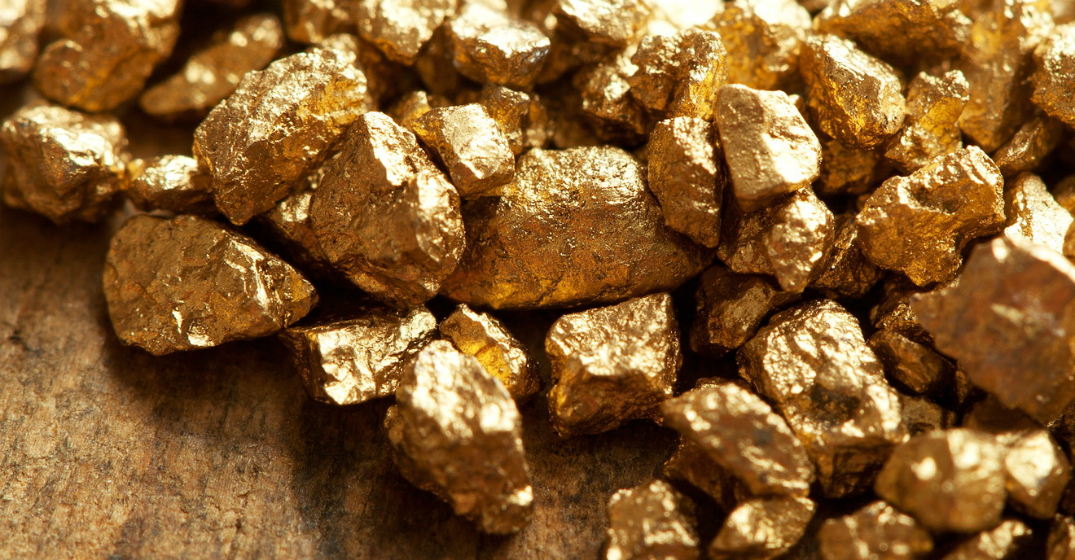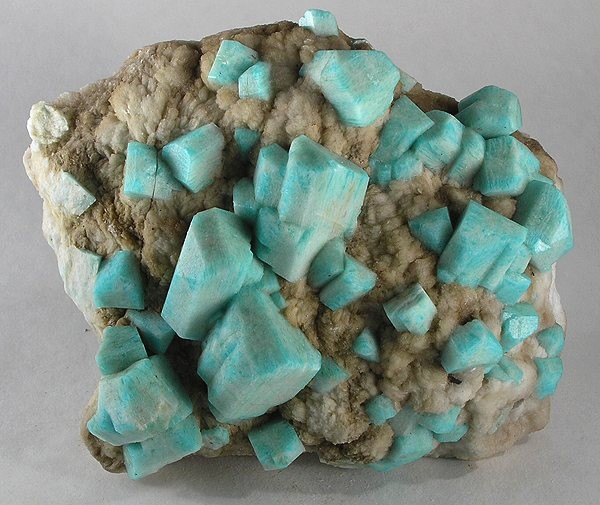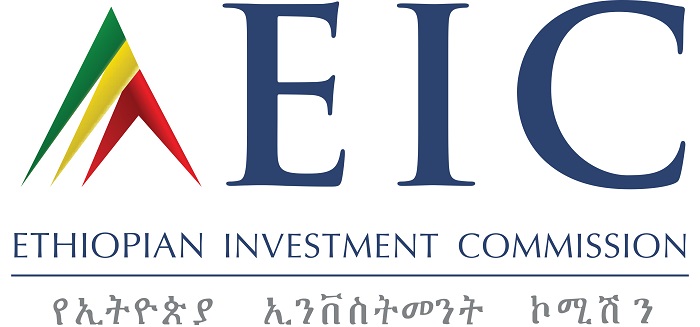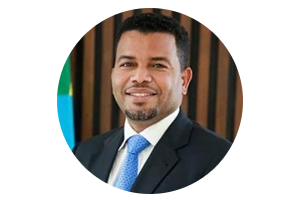Mining
Ethiopia — the ideal high-potential mining destination
2030 Projections
projected contribution of the mining sector to GDP – up from 2%
estimated number of jobs in mining – up from seven million
the mining sector’s projected share of export earnings – up from 20%
current import-substition opportunity in mining
Ethiopia represents an attractive investment opportunity for investors in the Mining sector

Mining is Ethiopia´s fastest-growing economic sector. The mining sector posted a 115% growth rate in 2021 and 91% in 2020, which translated into a five-fold increase of the sector´s contribution to GDP. For example, export earnings from gold reached USD 672 million in 2021—increasing 25-fold in only two years. This massive growth is a testament to the enormous potential of the mining sector in Ethiopia – and a direct result of recent policy reforms implemented by the Ethiopian government to revamp the sector and curb illegal mining.
Investment in mining is a high priority in Ethiopia. According to Ethiopia’s 10-year Development Plan, the mining sector is considered as one of the strategic pillars of Ethiopia’s economic growth over the next ten years. It is projected to grow by 33% annually, becoming a backbone of agriculture and a catalyst for industrial growth, job creation and export earnings.
Ethiopia has vast mineral potential. It has known reserves of more than 30 metallic, industrial, agro- and construction minerals – in addition to gold, rare gemstones, oil and gas. Ethiopia is also home to one of the oldest geological surveys on the continent, the Geological Survey of Ethiopia (GSE). Data provided by the GSE make both exploration and the acquisition of brownfield projects easier for investors. In addition, Ethiopia currently spends more than USD 8 billion each year to import coal, iron, fertilizer, marble and granite, chlor-alkali products, ceramics and petroleum; existing import-substitution opportunities offer investors access to a growing market for locally mined resourced and a strong export potential.

Diverse opportunities, attractive potential
Ethiopia’s untapped, diverse and vast mineral resources offer huge opportunities for exploration and development. Investment potentials include production of fertilizers, iron and steel, various construction inputs, petroleum, gold, gemstones, lithium, coal and tantalum.
Fertilizers
Production of fertilizers: In 2021 Ethiopia spent USD 688 million to import fertilizers, accounting for 5% of total imports. Still, due to high prices and a limited number of fertilizer types, usage of fertilizers in Ethiopia remains low, indicating the considerable potential that the Ethiopian market holds. In addition, Ethiopia has the natural resources to produce fertilizers locally. The country boasts untapped reserves of 350 billion metric tons of potash, 1.85 billion tons of phosphate and over 2.54 billion tons of Sulphur. Natural gas reserves have also been discovered.
Iron and Steel
Production of iron and steel: Ethiopia’s iron ore reserves are estimated at more than 1.1 billion tons. Meanwhile, the supply of iron and steel is dominated by imports – which the government plans to replace by producing 3 million tons of iron and steel annually. Investors are invited to participate in this lucrative opportunity.
Construction Inputs
Production of construction inputs: The construction sector in Ethiopia has the lion’s share of the industry sector (above 70%) and has been growing 10-20% annually since 2017, driven by increasing construction of roads, railways, dams and residential houses. However, the supply of raw materials is dependent on imports and the demand-supply gap is expanding. For example, the national demand for cement is estimated to be 17 million tons per year while local production is only 8.8 million tons, covering only 52% of demand. In the next 10 years, demand for cement is projected to reach 100 million tons per year. Production of construction chemicals, ceramics, marble and granite, gypsum and limestone represent just a few opportunities in the sector.
Paving the way for investors
Ethiopia’s mining sector has undertaken a major reform program in recent years. The reforms are designed to make investing in Ethiopia easier than ever, encourage exploration and mining, and unlock the sector’s full potential and value. They include improvements in geodata management, transparency, the licensing process, and the artisanal mining sector, among others. The government also offers attractive incentives including lower income tax, duty-free import of capital goods, favorable depreciation rates and higher royalty payments.
The Ministry of Mines (MoM) is the first port of call for all investors interested in Ethiopia’s mining or petroleum sectors. The MoM can direct you to the most up-to-date geodata available, guide you to the right legislation and regulations for your business, and help you apply for any licenses required. The MoM also provides straightforward guidance on how to go about investing in Ethiopia’s abundant natural resources. The Ethiopian Investment Commission (EIC) is the main gateway for foreign investments and will direct investors to the appropriate contact at MoM and other government institutions.

Testimonials
Get In Touch
information and assistance and answer your questions.


